The 2028 presidential race is shaping up to be a defining moment in American history. With Vice President J.D. Vance emerging as the presumptive Republican nominee, the Democratic Party faces a steep uphill battle to reclaim the White House following their crushing loss in 2024. During the 2024 cycle, an Emerson College poll highlighted key Democratic figures: Vice President Kamala Harris led with 37% support, trailed by California Governor Gavin Newsom at 7%. Other notable contenders included Transportation Secretary Pete Buttigieg, Michigan Governor Gretchen Whitmer, Pennsylvania Governor Josh Shapiro, and progressive firebrand Rep. Alexandria Ocasio-Cortez. Though not included in the poll, Congressman Richie Torres has sparked speculation about a potential run, adding intrigue to the 2028 field.
On the Republican side, the first post-election Emerson poll revealed President-elect Donald Trump’s favorability climbed to 54%, up from 48% before the election. Comparatively, President Joe Biden’s job approval sank to a four-year low of 36%, with disapproval steady at 52%. Trump’s rising popularity among younger voters (55% favorable under age 30) and strong support from white (59%) and Hispanic voters (53%) underscore the shifting political landscape.
At the same time, Democrats grapple with divisive cultural debates over abortion rights, transgender inclusion in sports, and pronoun usage—issues that energize their urban and progressive base but remain polarizing in rural and conservative regions. Openly gay candidates like Buttigieg and Torres could also face challenges appealing to socially conservative voters. As Democrats gear up for 2028, the stakes couldn’t be higher. Here’s a closer look at the hopefuls vying for their party’s nomination and their chances against Vice President Vance.
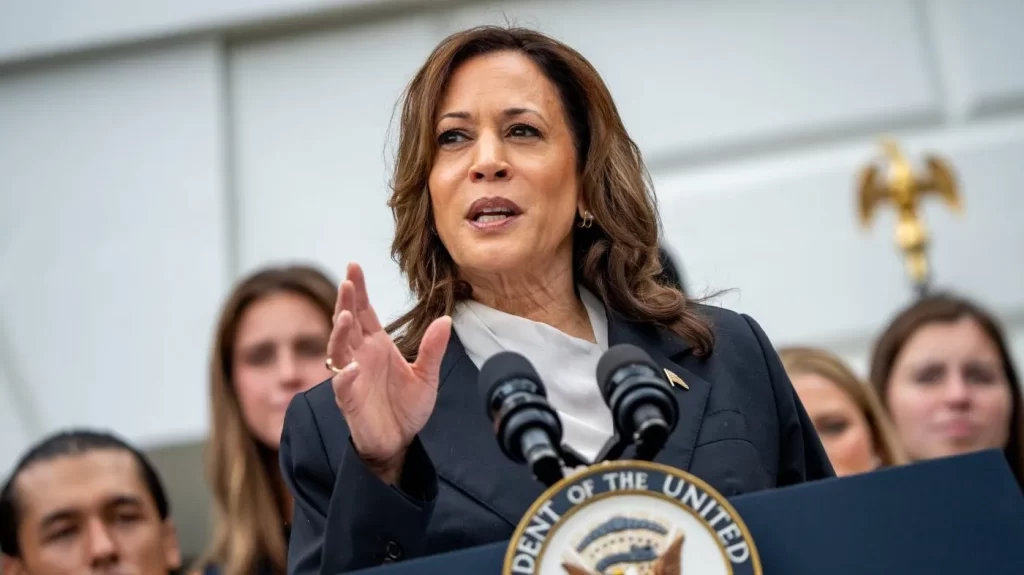
Kamala Harris: The Tested but Tarnished Leader
As the 2024 Democratic nominee, Kamala Harris shoulders the burden of the party’s recent defeat. Her extensive experience as Vice President and her historic candidacy as the first woman of color to lead a major ticket remain notable assets. However, her failure to capture swing states and connect with key voting blocs raises serious concerns about her ability to succeed against Vance.
- Strengths: National profile, fundraising ability, and experience.
- Challenges: Voter fatigue, inability to connect with working-class voters, and lingering skepticism over her 2024 campaign strategy.
- Matchup with Vance: Harris risks being framed as a symbol of Democratic stagnation, while Vance’s populist rhetoric could resonate with disillusioned voters.
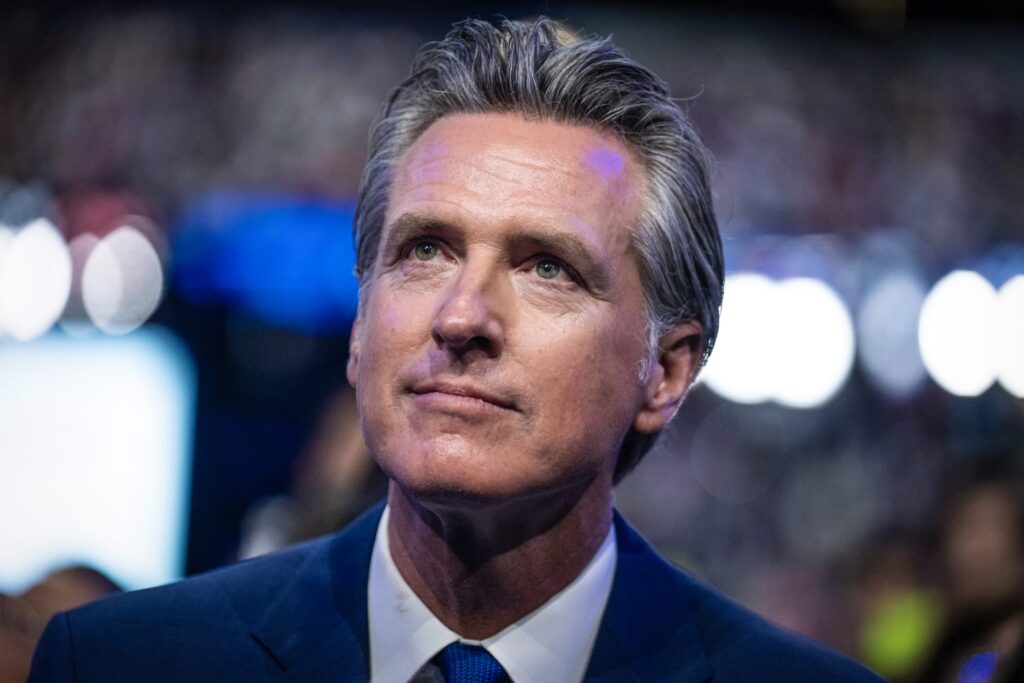
Gavin Newsom: The Progressive Pragmatist
California Governor Gavin Newsom has positioned himself as a bold, charismatic leader with a progressive yet pragmatic agenda. His successes in California—on climate change, healthcare, and reproductive rights—offer a compelling contrast to Republican policies. However, his association with California’s struggles, such as homelessness and crime, could be weaponized by Republicans.
- Strengths: Strong media presence, robust policy record, and ability to energize the Democratic base.
- Challenges: Perceptions of elitism and geographic distance from key swing states.
- Matchup with Vance: Newsom’s communication skills and charisma could make him a formidable opponent, but he would need to overcome Vance’s appeal in the Rust Belt.
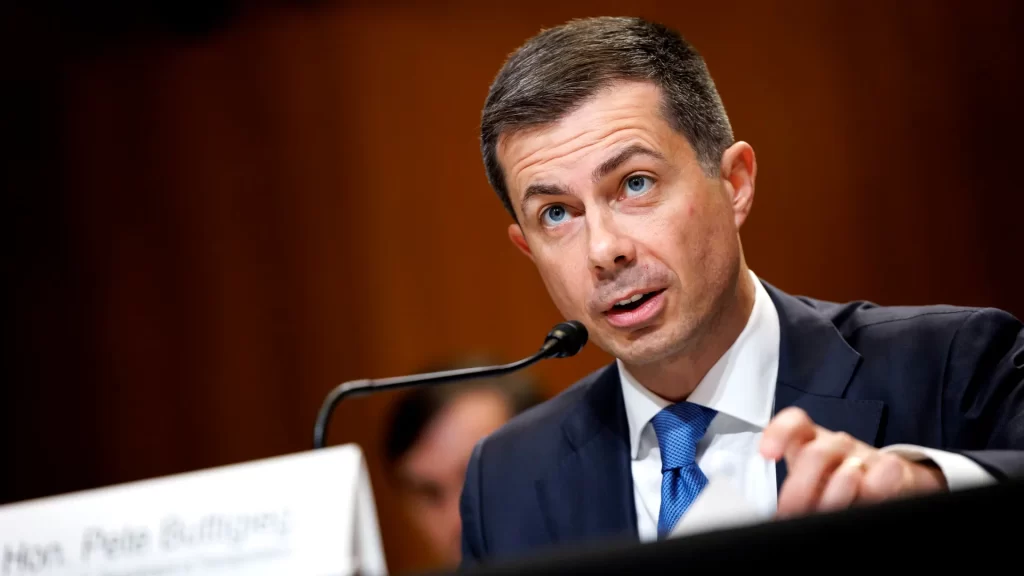
Pete Buttigieg: The Intellectual Connector
As a former presidential candidate and Transportation Secretary, Pete Buttigieg has cultivated a reputation for intelligence and eloquence. His appeal to suburban voters and younger demographics could be an asset. However, his lack of strong support among minority and rural voters—and the cultural stigma against an openly gay candidate in socially conservative areas—could be significant liabilities.
- Strengths: Articulate and solutions-oriented, with a proven ability to appeal to moderate voters.
- Challenges: Weak base among key Democratic constituencies, cultural opposition in rural America, and limited executive experience.
- Matchup with Vance: Buttigieg could present a stark intellectual contrast, but Vance’s authenticity and working-class credentials might undercut him.
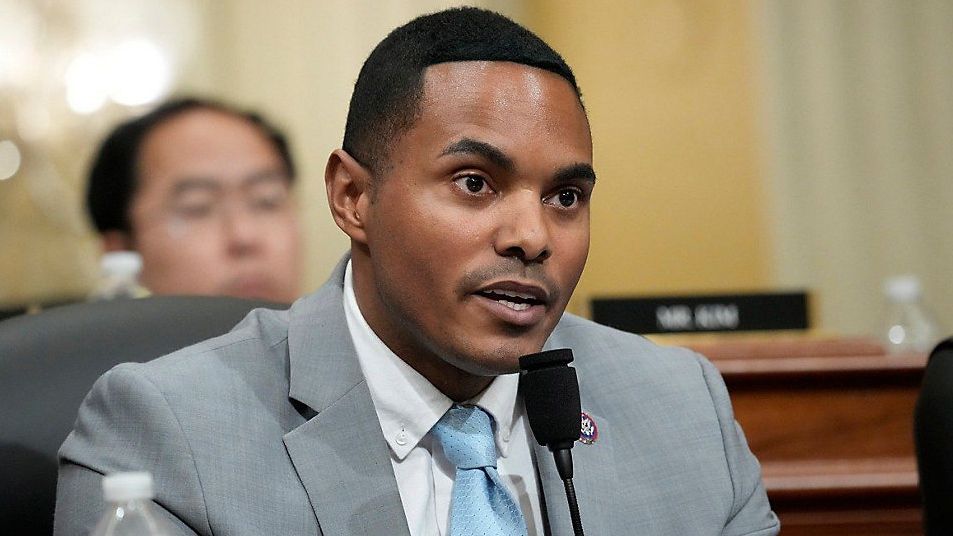
Richie Torres: A Fresh Democratic Face
Congressman Richie Torres, representing New York’s 15th district, could inject fresh energy into the Democratic field. As a young, openly gay Afro-Latino, Torres represents a new generation of progressive yet pragmatic leadership. His compelling personal story and focus on urban issues could energize the Democratic base. However, Torres would face significant hurdles in connecting with rural and socially conservative voters.
- Strengths: Authenticity, grassroots appeal, and the ability to energize young and minority voters.
- Challenges: Limited name recognition, cultural resistance in rural America, and perceptions of inexperience.
- Matchup with Vance: Torres’ urban-focused message could contrast sharply with Vance’s populist rhetoric, but he would need to expand his appeal to swing-state and rural voters.

Gretchen Whitmer: The Swing-State Stabilizer
Michigan Governor Gretchen Whitmer is a pragmatic leader with a track record of success in a critical battleground state. Her focus on infrastructure, education, and healthcare resonates with middle-class voters. Her ability to govern effectively in a swing state gives her credibility as a potential unifier.
- Strengths: Midwest appeal, proven ability to win in tough races, and moderate stances.
- Challenges: Lack of national name recognition and a perceived cautiousness in policy ambition.
- Matchup with Vance: Whitmer’s focus on kitchen-table issues could blunt Vance’s populism, but she would need to expand her appeal beyond the Midwest.
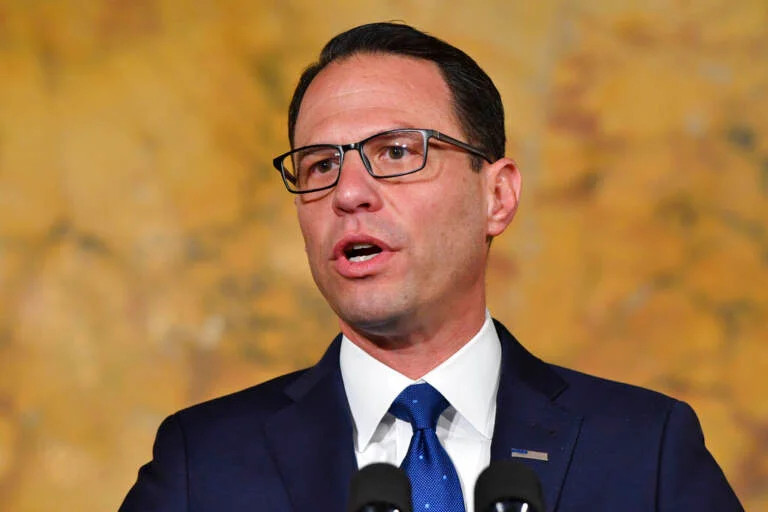
Josh Shapiro: The Rising Star
Pennsylvania Governor Josh Shapiro is another swing-state leader with national ambitions. His moderate policies and focus on governance over rhetoric could resonate with voters seeking stability after Trump’s second term. However, his ability to excite the Democratic base remains untested.
- Strengths: Swing-state credentials, strong record on education and governance, and bipartisan appeal.
- Challenges: Limited national recognition and potential struggles energizing progressives.
- Matchup with Vance: Shapiro’s calm, methodical style could contrast favorably with Vance’s fiery populism, but he would need to build a compelling national narrative.
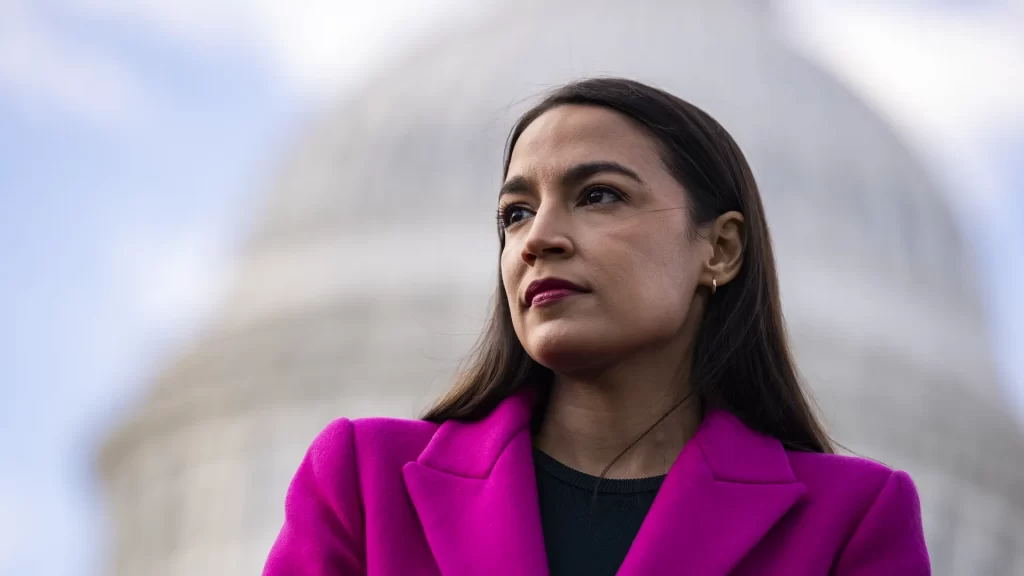
Alexandria Ocasio-Cortez: The Progressive Firebrand
Rep. Alexandria Ocasio-Cortez represents the progressive wing of the Democratic Party. Her ability to energize young voters and drive the conversation on climate change, healthcare, and economic inequality could be a game-changer. However, her polarizing nature might limit her appeal in a general election.
- Strengths: Strong grassroots support, bold vision, and ability to energize young and diverse voters.
- Challenges: Perceptions of being too radical and lack of executive experience.
- Matchup with Vance: AOC’s progressive platform could ignite a turnout wave, but Vance’s messaging could alienate moderates from her candidacy.
The Uphill Battle Ahead
For the Democrats, 2028 presents a pivotal moment in their quest to regain the White House. Issues like abortion rights, transgender inclusion in sports, and pronoun usage are at the forefront of cultural debates. While these topics energize the progressive base, they risk alienating moderate Democrats, independents, and rural voters who may feel disconnected from the party’s priorities. Additionally, the cultural stigma surrounding LGBTQ+ candidates like Pete Buttigieg and Richie Torres could create obstacles in socially conservative regions.
To overcome these challenges, Democrats must refine their strategy by crafting a unifying message centered on economic opportunity, job creation, and tangible improvements to everyday life. Emphasizing a clear, inclusive vision for the future—while also tackling kitchen-table issues such as healthcare costs and education—can broaden their appeal and win over independent voters. Whether the party backs a progressive firebrand, a swing-state governor, or a fresh face like Torres, its success in 2028 will hinge on uniting a fractured coalition and addressing the pressing concerns of an increasingly divided electorate










